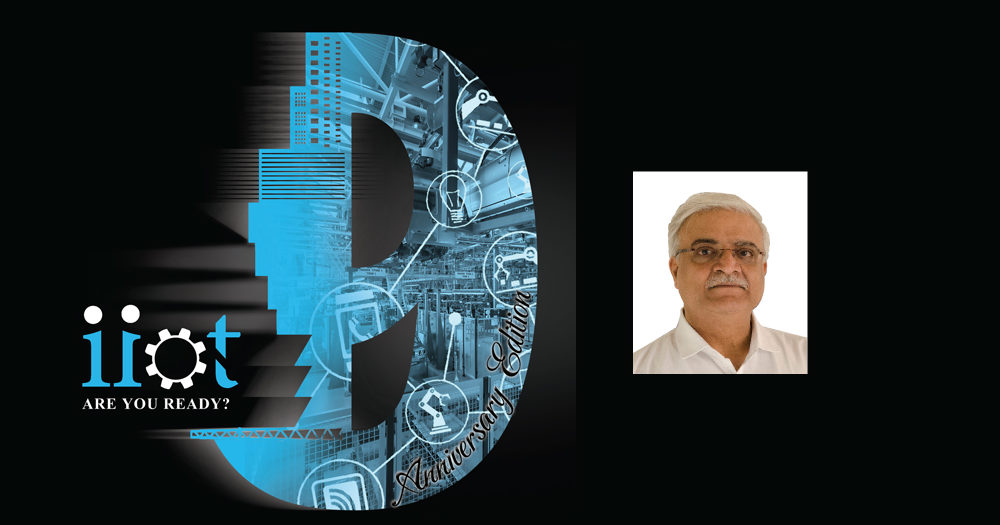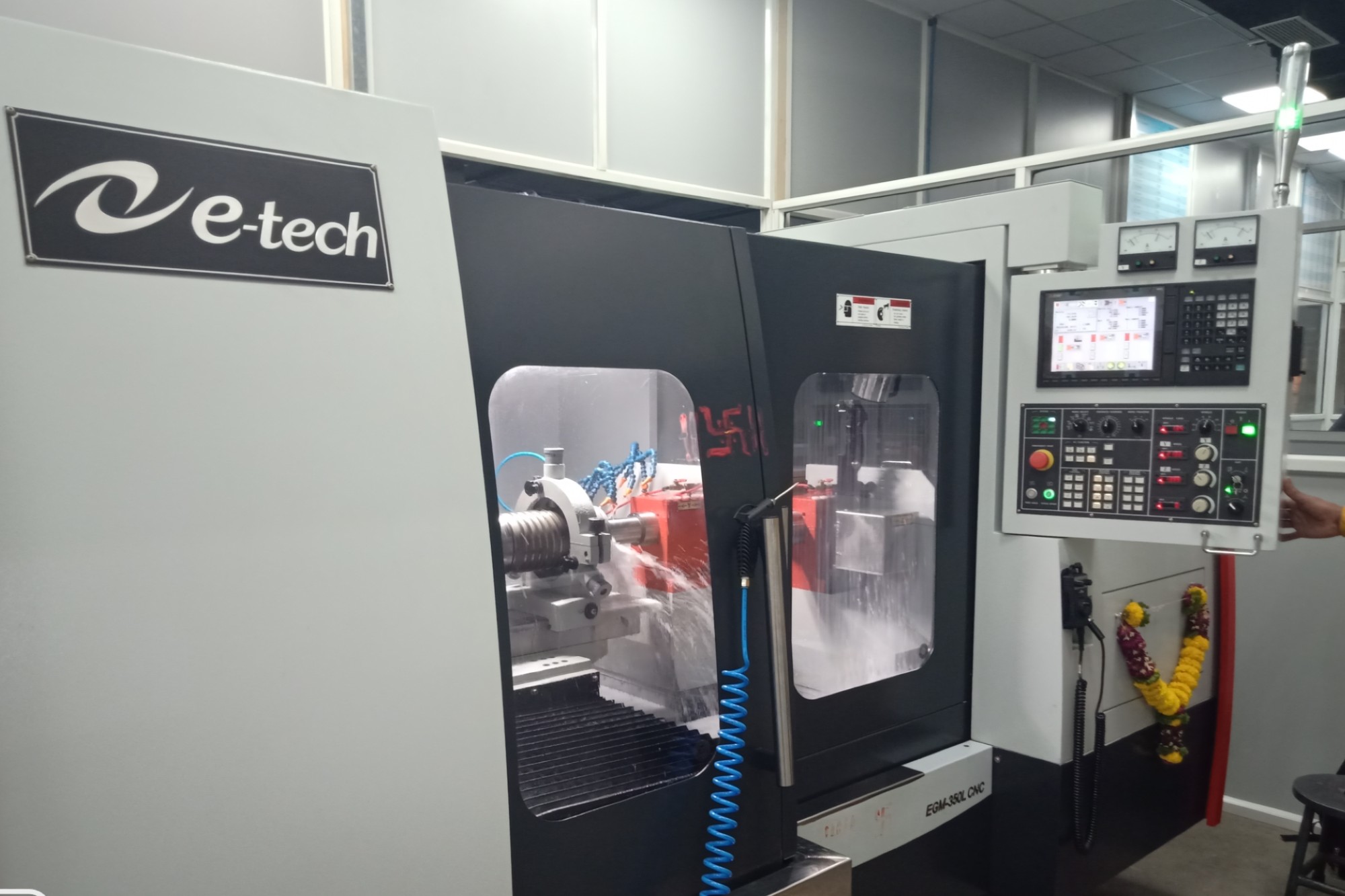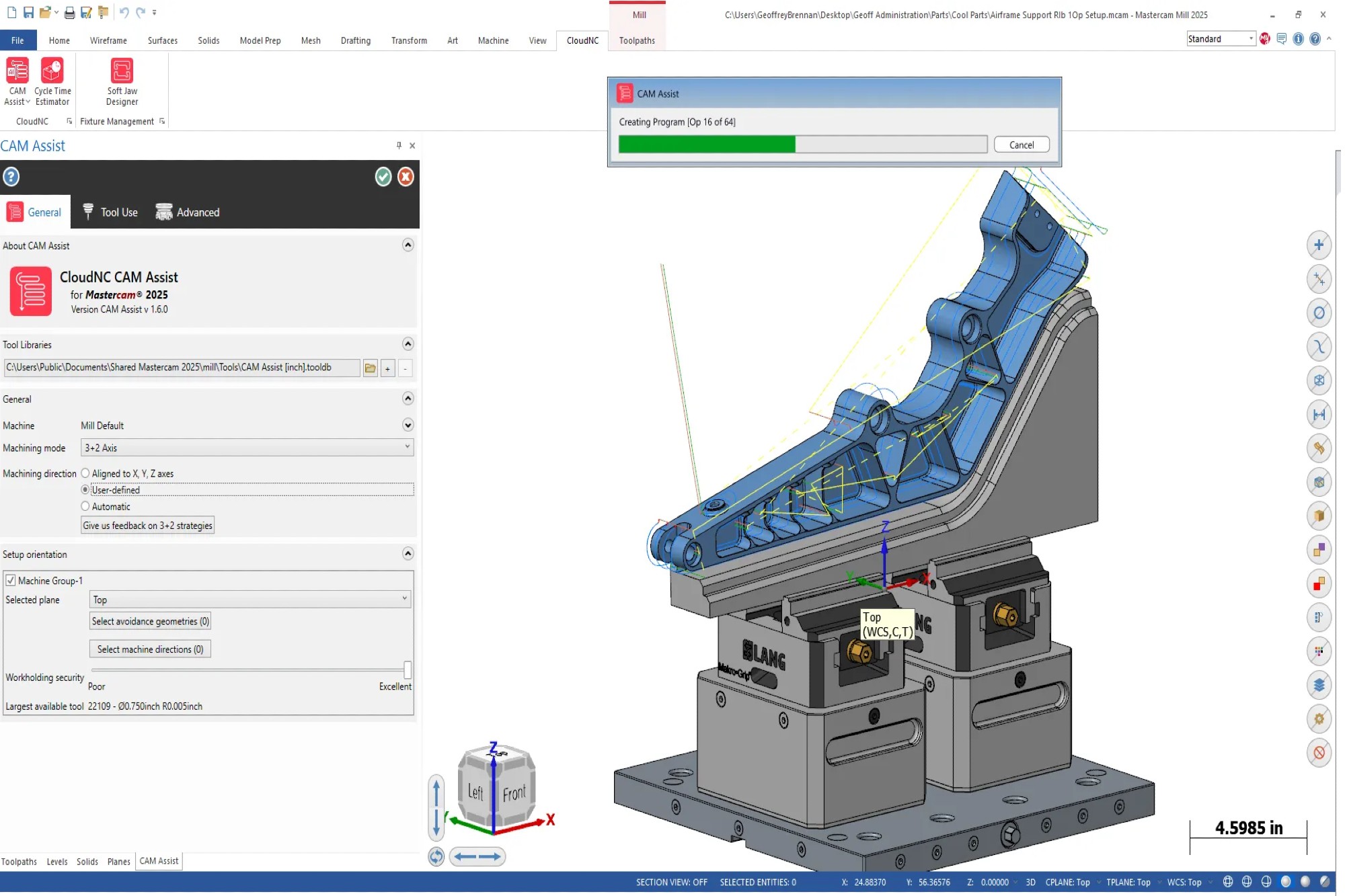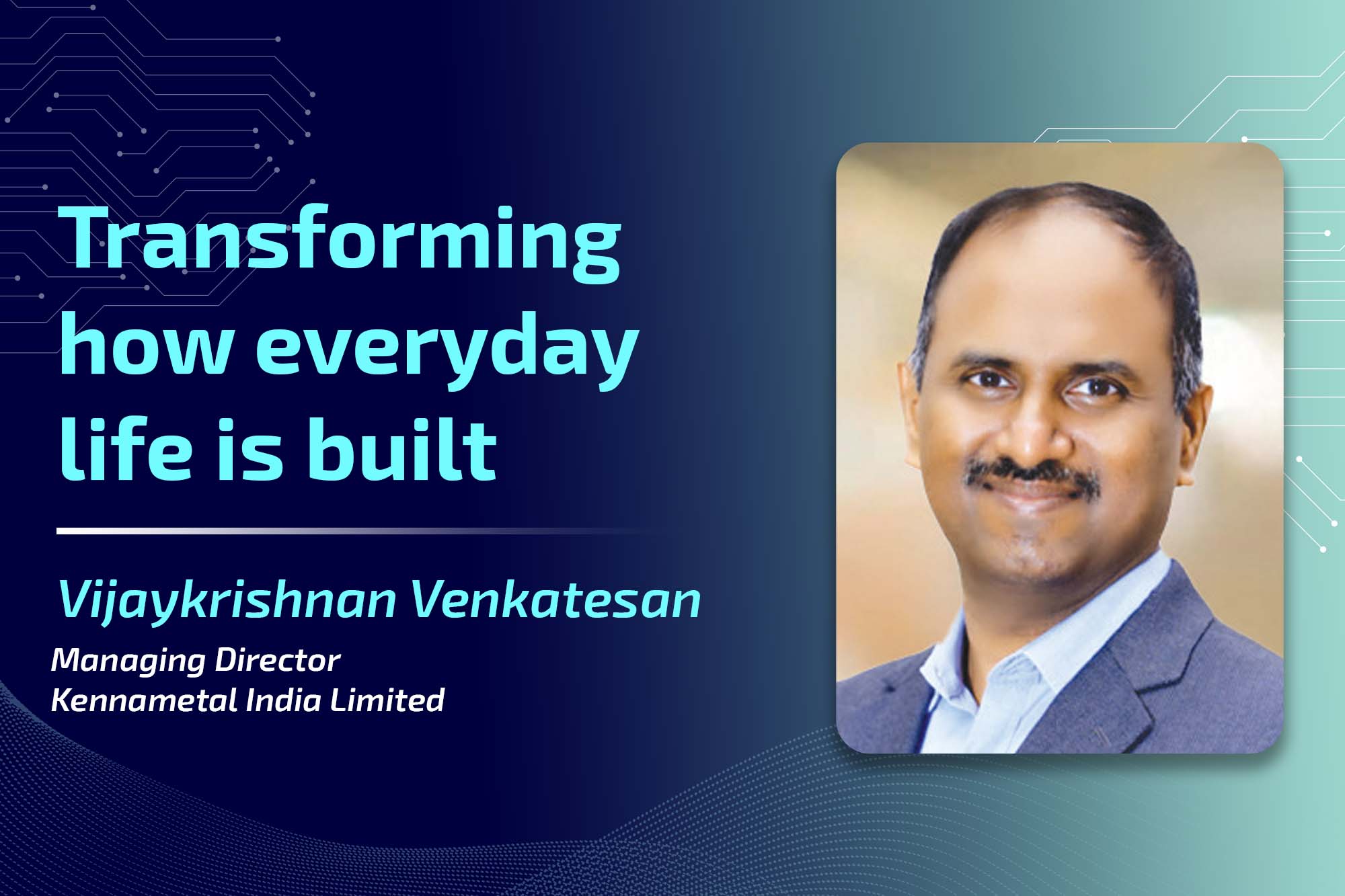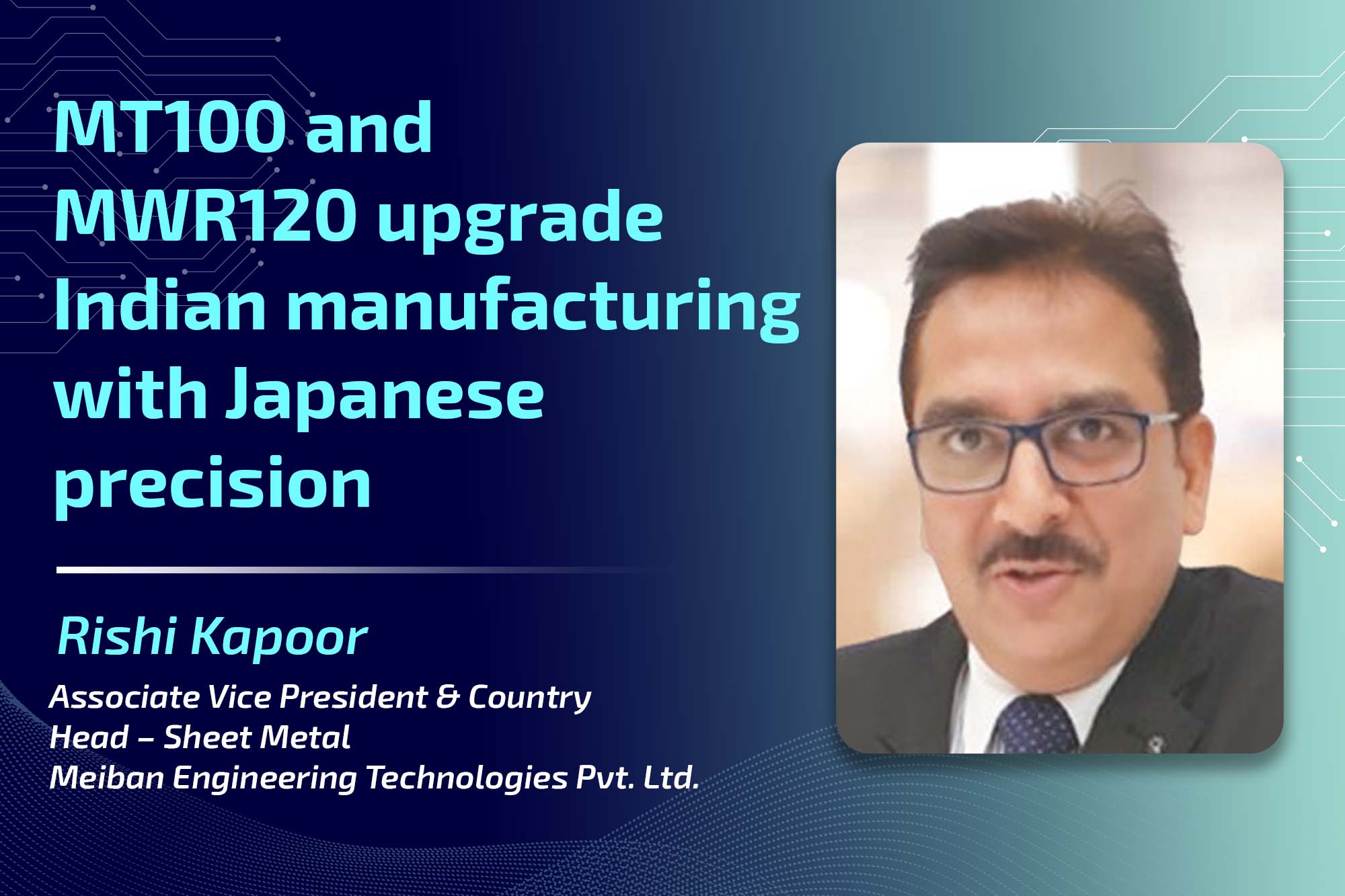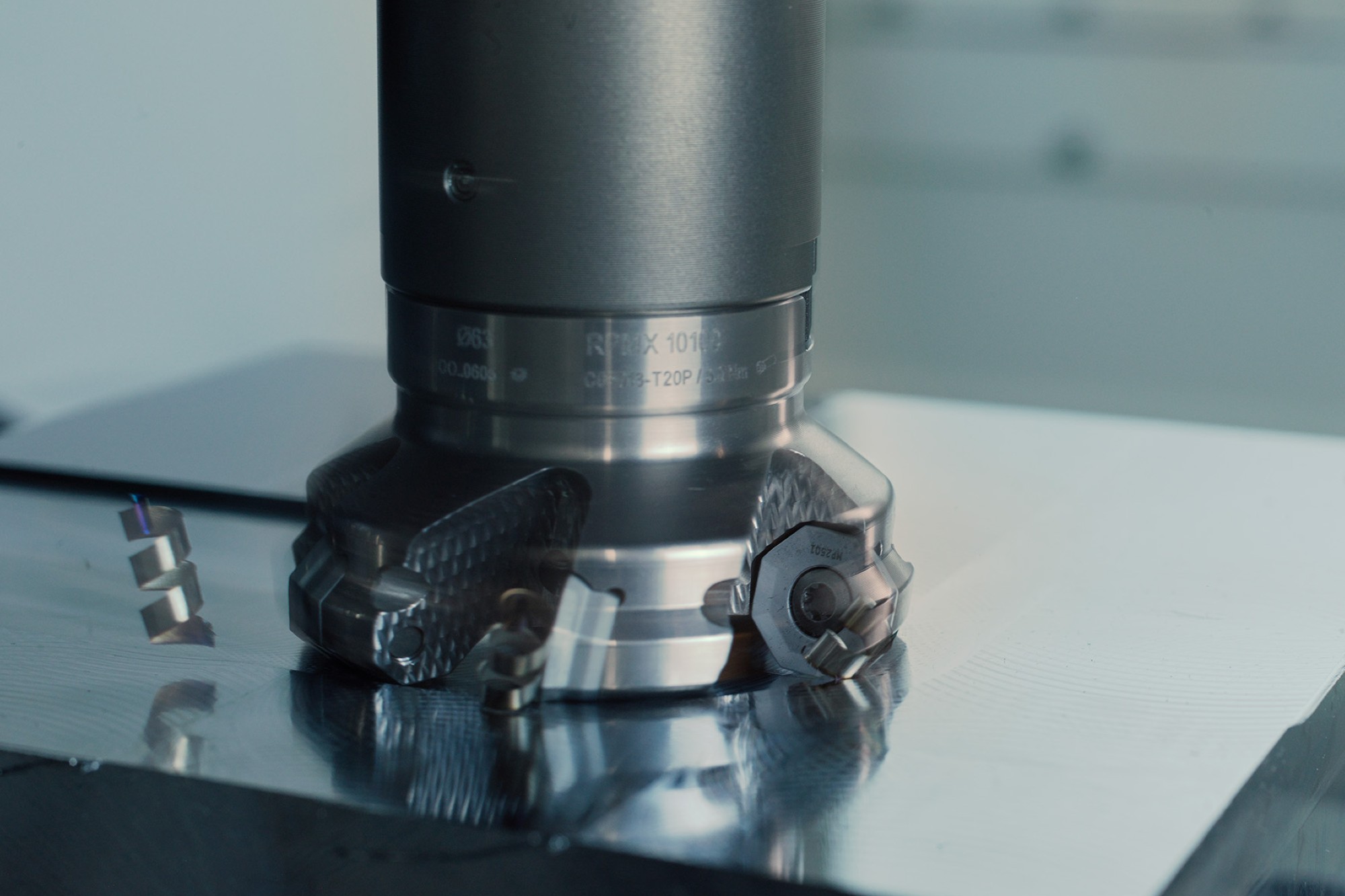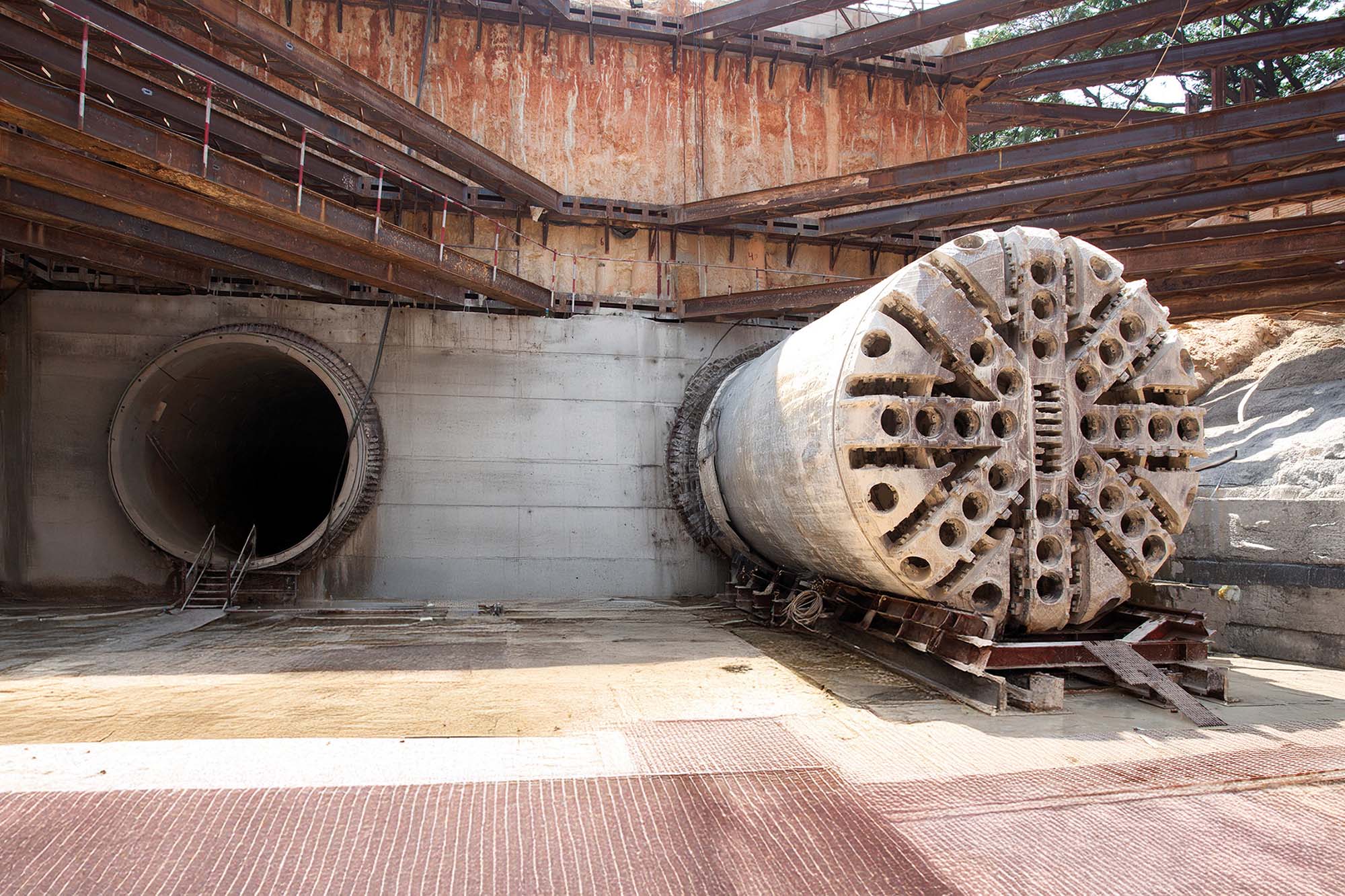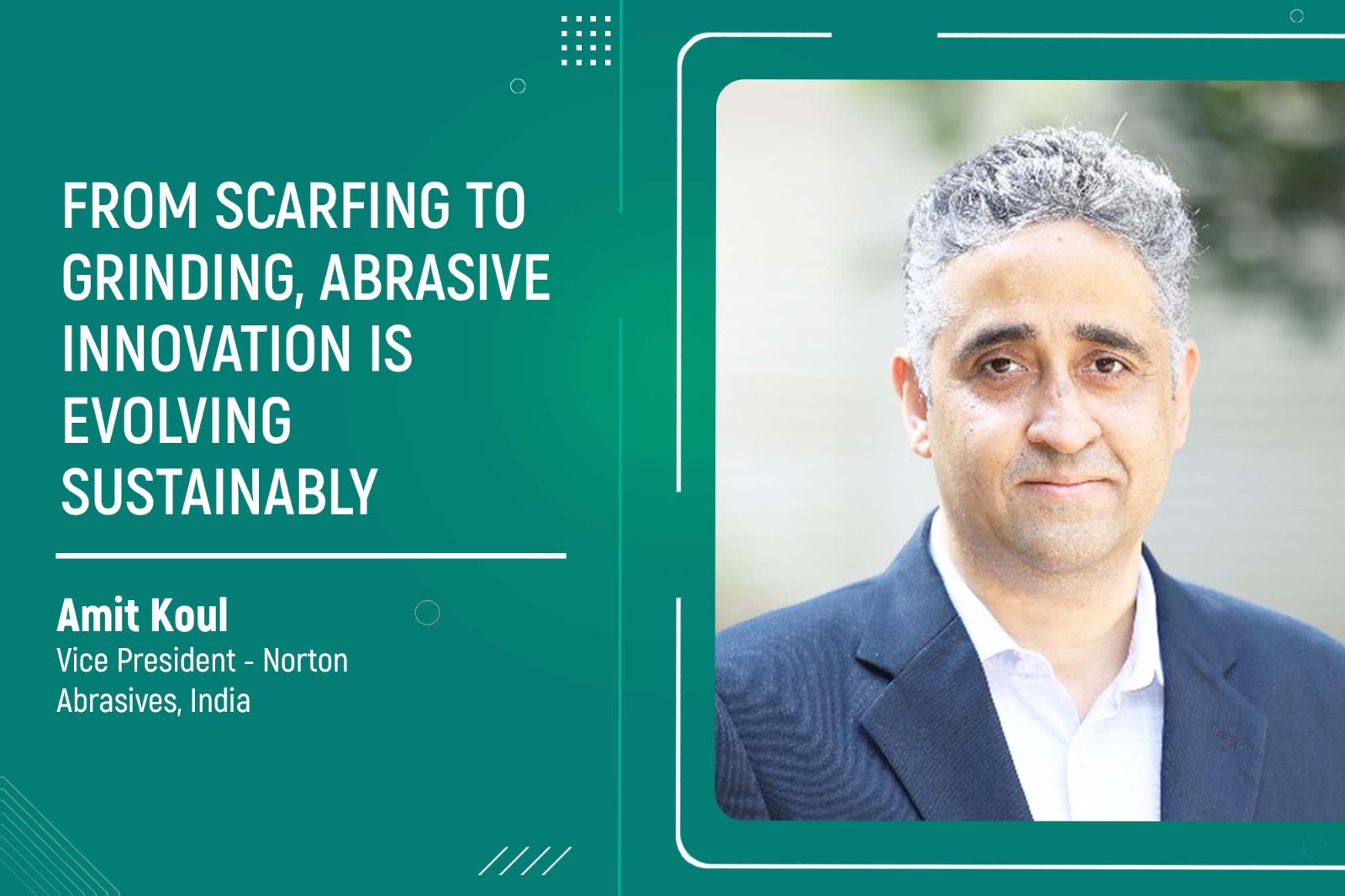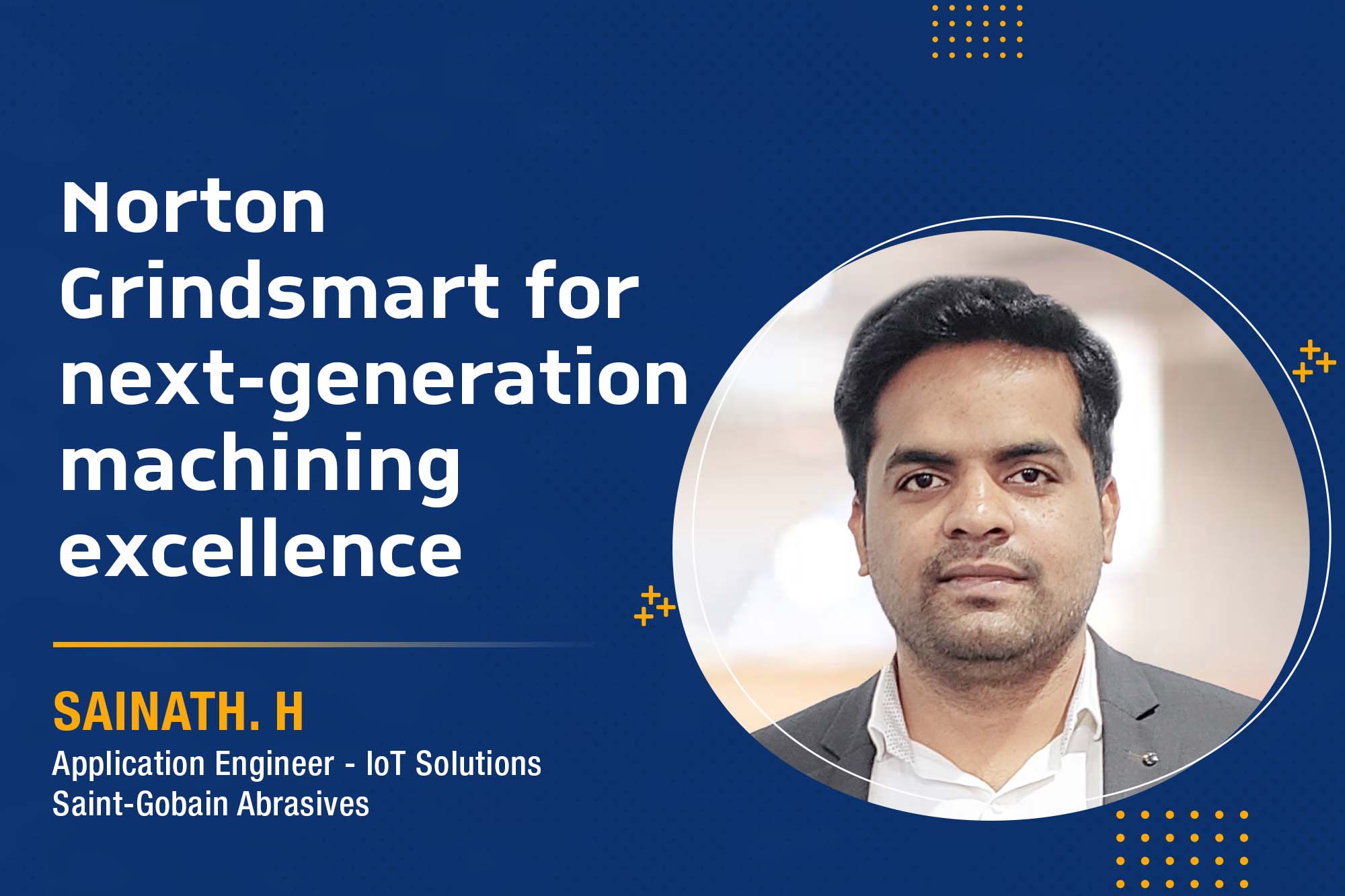IoT is no longer just hype
By OEM Update Editorial June 12, 2018 1:52 pm IST
Vinod Vaswani,
President, A.T.E. Enterprises Head of Business Unit EcoAxis
IoT is quickly becoming an accepted technology addition and the future looks promising.
Internet of Things or IoT has been the talk of the town for some time. Do you think the hype is real?
Companies all around the world have started realising substantial benefits by integrating IoT solutions. Though the Indian industry started late, it has picked up pace recently. The visions and level of implementation may vary across industries and individual companies, but IoT is no longer just hype.
In our substantial IoT experience, we have witnessed a paradigm shift in the market with customers moving beyond basics and proof of concepts to comprehensive implementation of IoT as a part of their digitisation strategy which is a key part of their overall strategy. Some of our leading customers are working on adapting newer data driven business models and service processes. I believe that IoT is quickly becoming an accepted technology addition and the future looks promising.
Can you give us some examples of how IoT technology has created or can create value for an OEM?
At EcoAxis, we work closely with our OEM customers to build applications that form an integral part of their machines. For example, one of our customers, an injection moulding machine manufacturer, supplies our IoT based operational analytics along with each new machine, providing valuable insights to their customers about machine maintenance, operations, quality, availability, and performance. With the help of operational analytics, our customer not only captures and highlights the value delivered by their machines but also a higher top-line. They also use the IoT infrastructure to service PLCs and servo controllers remotely via a virtual private network (VPN), saving substantial service costs for them and their customers, and reducing downtime for their customers.
Another OEM customer is excited with our IoT based service analytics application. This customer’s service team gets live service issues reported from the field sorted by region, geography and customer name. These service issues are further analysed by type of issue, equipment type and model number, etc. The application helps them improve their service effectiveness in different regions besides helping them to predict failures, plan spare parts and proactively address service issues.
These examples and other OEM success-stories are proof of the value that IoT can create for OEMs.
What is the role of digitisation in IoT?
The term ‘digitisation’ can have different meanings depending on the context. For machines, industrial processes and manufacturing shop floors, digitisation means getting data directly from the source such as a sensor, automation system etc. For business processes, digitisation means upgrading from manual record-keeping in books to record keeping using systems such as manufacturing execution system (MES), enterprise resource planning (ERP) systems and product life-cycle management systems (PLM).
Data that cannot be captured digitally, cannot be easily used for online analysis, it must first be entered into databases. Therefore, the automation industry has helped OEMs and the industry in general to digitise shop-floors over the past few decades by providing digital data from sensors, actuators and systems. This has laid a strong foundation to make machines and shop floors IoT ready.
Without digitisation on machines, shop floors, auxiliary systems and processes, implementing an IoT solution may not provide substantial value to industries. In our experience, access to reliable digital data from industrial assets is our single biggest challenge in providing IoT solutions to our customers.
Given your experience in the market, do you believe that the Indian manufacturing sector is ready for IoT?Continuous process industries such as the oil and gas industry, power generation and distribution industry, and solar power industry have been the early adopters of IoT. The discrete manufacturing industries such as metal component manufacturing, plastics manufacturing, and textiles have started adopting IoT in the recent years. We have observed that machinery OEMs in these segments have taken the initiative to make their machines smart, which includes using digitisation, automation and IoT to offer more value to their customers.
On one hand, we have met IT managers in the industry who are not comfortable with going to the cloud, while on the other hand we have met entrepreneurs who have envisioned new business models and have pushed their operations teams to adopt IoT technology. We are now witnessing a major shift in the industry’s view of IoT technology and the long-term value they can derive by adopting IoT considering that costs are down and reliability is up.
The high percentage of companies trying IoT pilots and the success stories of some of these companies are proof that majority of the Indian manufacturing sector is now geared for adopting IoT.
Going forward, how do you think IoT will change the Indian manufacturing industry?
One of the fundamental elements that IoT brings to the industry is access to accurate, authentic data for the right person at the right time, enabling stakeholders to take data driven decisions. IoT not only reduces the cost of manually recording and entering data in a system, but also helps in saving energy costs, reducing downtime and increasing overall equipment effectiveness on the shop floor.
IoT integrated with production planning systems, MES, ERP and PLM systems can improve overall productivity for manufacturing organisations and make them more competitive. I am very impressed with what Accenture’s Chairman and CEO, Pierre Nanterme said, “Digital is the main reason just over half of the companies on Fortune 500 have disappeared since the year 2000”.
IoT has already demonstrated success in B2C sectors – shipment tracking in online retail like Flipkart, Amazon, etc., online travel services like Ola, Uber, etc and the likes. I am sure digitisation and IoT in particular will have a telling effect on the Indian manufacturing industry in the next few years.
How do you believe EcoAxis will provide value to the manufacturing Industry?
We function as digitisation partners for OEM customers, working side-by-side with their design, engineering, production, field service and sales and marketing teams to ensure that not only the right technology is built for each one of them but also the teams have all the necessary support to maximise benefits of the technology and position themselves accordingly in their respective markets. To make this possible, we are building deep domain knowledge and enhancing our technology expertise.
Our team is also continuously working towards fulfilling the need for data accuracy, data sharing, data transparency, collaboration and data-driven decision making in the industry. We have expertise in all aspects important to making IoT work for our customers, including both hardware and software, data acquisition, data storage, data transfer to the cloud, application development, visualisation and analytics, alerts, etc. We are committed to design and deliver solutions which can enable our customer businesses to become more sustainable and profitable.
We understand that this is not an overnight transformation of systems and organisational culture and we are committed to be a part of the gradual process of technology adoption and change management for our customers. We are delighted and proud to be a part of the digital journey of our customers and look forward to working with more OEMs to keep adding value to their businesses.
Cookie Consent
We use cookies to personalize your experience. By continuing to visit this website you agree to our Terms & Conditions, Privacy Policy and Cookie Policy.



